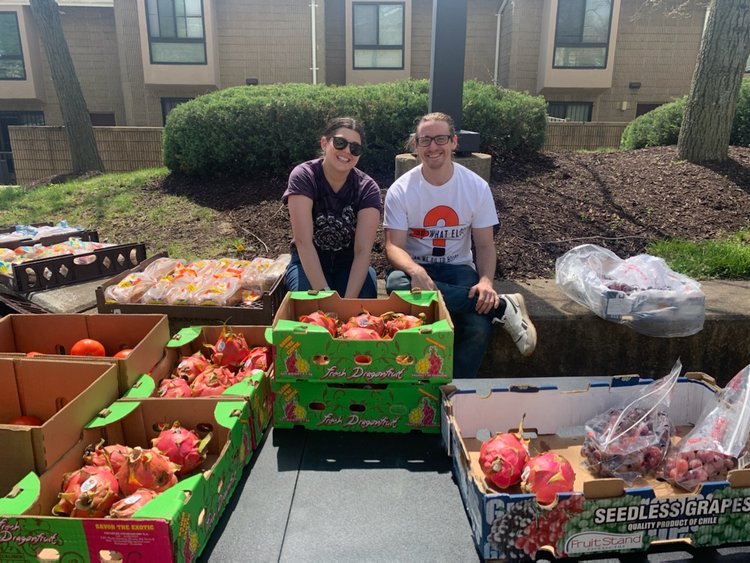
Food banks play a crucial role in ensuring that individuals and families in need have access to nutritious food. However, without the dedication and hard work of volunteers, food banks would not be able to effectively serve their communities. In this article, we will explore the vital role that food bank volunteers play in nourishing communities across the country.
The Impact of Food Insecurity
Food insecurity remains a pressing issue in many communities, with millions of people struggling to access an adequate supply of nutritious food. This can have serious consequences for individuals' health and well-being, particularly for children and seniors. Food banks help bridge the gap by providing free or low-cost food to those in need.
Key Facts about Food Insecurity:
- Approximately 1 in 8 Americans struggle with food insecurity.
- Children are particularly vulnerable, with 1 in 6 at risk of hunger.
- Seniors are also at risk, with many living on fixed incomes that may not cover their basic needs.
The Role of Food Bank Volunteers
Food bank volunteers are the backbone of operations, handling a wide range of tasks to ensure that food is distributed efficiently and effectively. Their contributions are invaluable in the fight against hunger and food insecurity.
Responsibilities of Food Bank Volunteers:
- Sorting and organizing food donations.
- Packing food boxes for distribution.
- Assisting with distribution events and food drives.
- Providing support to clients and helping them access resources.
- Administrative tasks such as data entry and record-keeping.
The Benefits of Volunteering
In addition to making a positive impact on their communities, food bank volunteers also experience personal benefits from their service. Volunteering can be a rewarding and fulfilling experience that provides volunteers with a sense of purpose and connection to others.
Benefits of Volunteering:
- Increased sense of fulfillment and well-being.
- Opportunities to develop new skills and gain experience.
- Building strong relationships and a sense of community.
- Making a tangible difference in the lives of others.
How to Get Involved
If you are interested in volunteering at a food bank and making a difference in your community, there are several ways to get involved. Many food banks rely on volunteers to help with day-to-day operations and special events.
Ways to Get Involved:
- Contact your local food bank to inquire about volunteer opportunities.
- Attend volunteer orientation sessions to learn more about the organization's mission and programs.
- Sign up for shifts to help with sorting, packing, and distributing food.
- Spread the word and encourage others to volunteer alongside you.
Conclusion
Food bank volunteers play a vital role in nourishing communities and helping to alleviate food insecurity. Their dedication and hard work enable food banks to serve those in need and make a meaningful impact on the lives of individuals and families. By volunteering at a food bank, you can contribute to a more just and equitable society while experiencing the personal rewards of service and giving back.